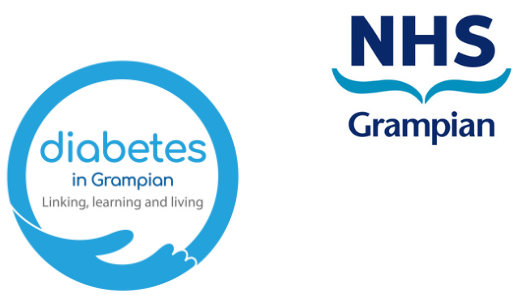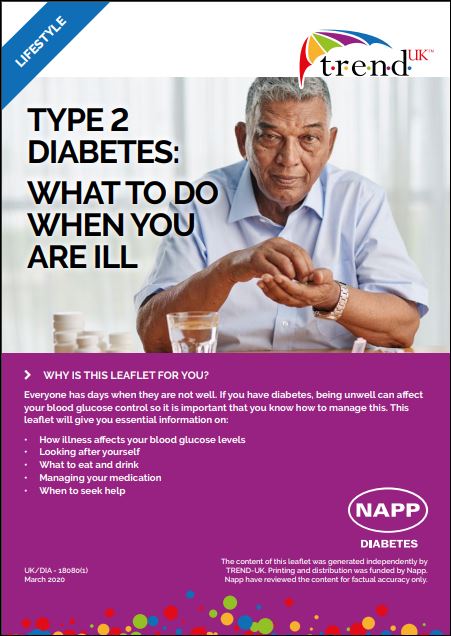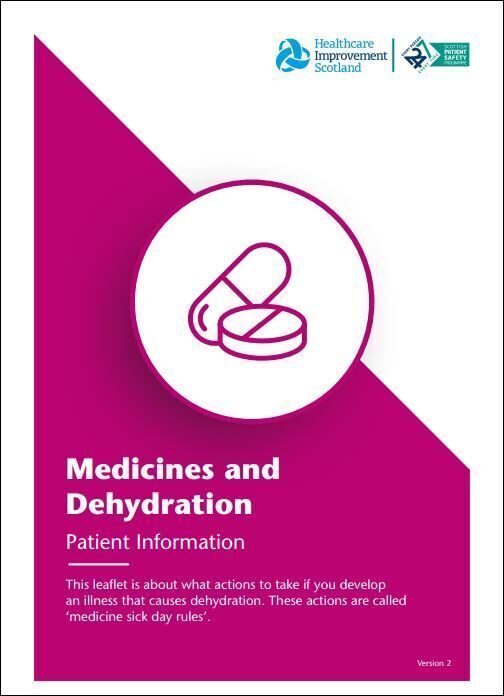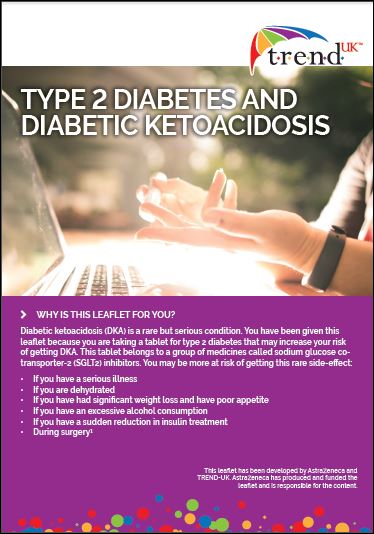Medications for people with Type 2 Diabetes
Initial management for type 2 diabetes is often dietary and lifestyle modification.
However, it is very common for people to also need medication to help control their blood sugar levels and manage their diabetes.
There are a number of different medications available to help control blood sugar levels and it can seem like a complicated process to select which medication is right for you.
In Grampian, hospital diabetes specialists working along with other groups such as pharmacists, GPs and diabetes specialist nurses have produced clear guidance regarding which type of diabetes medication to choose. This guidelines closely follow other National and International guidance and are based on many different research studies into type 2 diabetes. There are sometimes a number of different options available and your diabetes healthcare professional will discuss these with you and explain how the different medications work, what beneficial effects they have and any possible side effects or risks. This will allow you along with your diabetes nurse or doctor to decide on a medication that is right for you.
Tablets and Medication
Not all diabetes medications work well for everyone, so don’t be disheartened if you find yourself needing to change or stop certain medications. Your diabetes healthcare professional can help you find a medication that’s best for your individual needs.
These websites have more information about different medicines:
Diabetes UK and mydiabetesmyway
Insulin
Sometimes despite doing everything you can to improve your blood glucose levels you will require insulin. This can be either to supplement or ‘top up’ your body’s own insulin and tablets, or to give you full replacement amounts of insulin. You should discuss this with your diabetes care provider to help if you will be able to stop some of your tablets or if it is of benefit to continue with some of them.
There are many different types of insulins and when you are started on insulin you should know:
- What type of insulin you take,
- How long it will work for,
- How to check your blood glucose levels,
- How to recognise and treat low blood glucose levels (hypos),
- What you need to do and know if you drive.
mydiabetesmyway and Diabetes UK websites have more information about this.
If you are on ‘basal bolus’ insulin where you have a long acting insulin combined with short acting insulin each time you eat the module about carbohydrate counting from mydiabetesmyway is very helpful.
Unwell with Type 2 Diabetes
Unfortunately we can all get unwell from time to time. Preventing this is the best course of action and this can be helped by having the flu vaccination each year and practicing good hand hygiene. The leaflets below offer advice if you are unlucky enough to get unwell.
Mobile Health Apps
Below are some Apps to help you manage your diabetes.
My Diabetes My Way app: App for patient portal (Android, IOS)
Carbs and Cals app : Carbohydrate counting
My Sugr app : Glucose diary and intensive insulin management
Diabetes M : Glucose diary and intensive insulin management
Social Diabetes : Glucose diary and intensive insulin management




